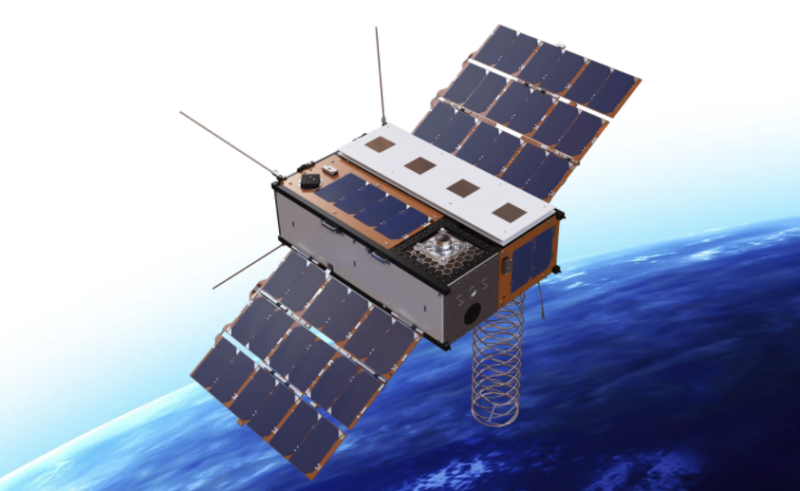Latest News

In-Space Missions Faraday satellite. Photo: In-Space Missions
Making a jump to have its own in-house capabilities to design and manufacture satellites, Britain’s BAE Systems on Tuesday said it has acquired another United Kingdom-based company, In-Space Missions, which is currently designing and building a series of satellites for various customers.
The acquisition gives BAE a full lifecycle satellite capability while offering In-Space Missions the ability to scale its capabilities and offerings. BAE already has various space products in waveforms, electronics, antenna, digital signal processing and analytics.
BAE paid about $18 million for In-Space Missions, a company spokesman told Defense Daily. In-Space Missions has more than 30 employees.
BAE said the acquisition will create a domestic satellite provider that could become a major competitor in the satellite market.
“The U.K. has an opportunity to be a global player in the growing Low-Earth Orbit space market, as well as servicing its own sovereign defense and commercial needs,” Ben Hudson, BAE’s chief technology officer, said in a statement. “This acquisition will allow us to combine a range of space capabilities that help deliver information advantage, multi-domain operations and networking for our customers.”
This summer, In-Space Missions had the first successful launch of its Faraday Phoenix mission, which carried multiple small satellite payloads into orbit. The company is planning additional Faraday missions on a regular basis. This was a success for the company after its first Faraday satellite was lost in a Rocket Lab launch failure in July 2020. CEO Doug Liddle previously appeared on the Via Satellite On Orbit Podcast to talk about bouncing back from a launch failure.
“We’re already collaborating on new highly secure satellite applications and, beyond that, we’re really excited about how this agreement will underpin our growth as an ambitious, U.K.-owned, prime and service provider,” Liddle said in a statement.
BAE said the acquisition fits with its strategy to pursue bolt-on acquisitions that complement existing capabilities and accelerate technology development in key areas.
This article was originally published by our sister outlet Defense Daily.
Get the latest Via Satellite news!
Subscribe Now